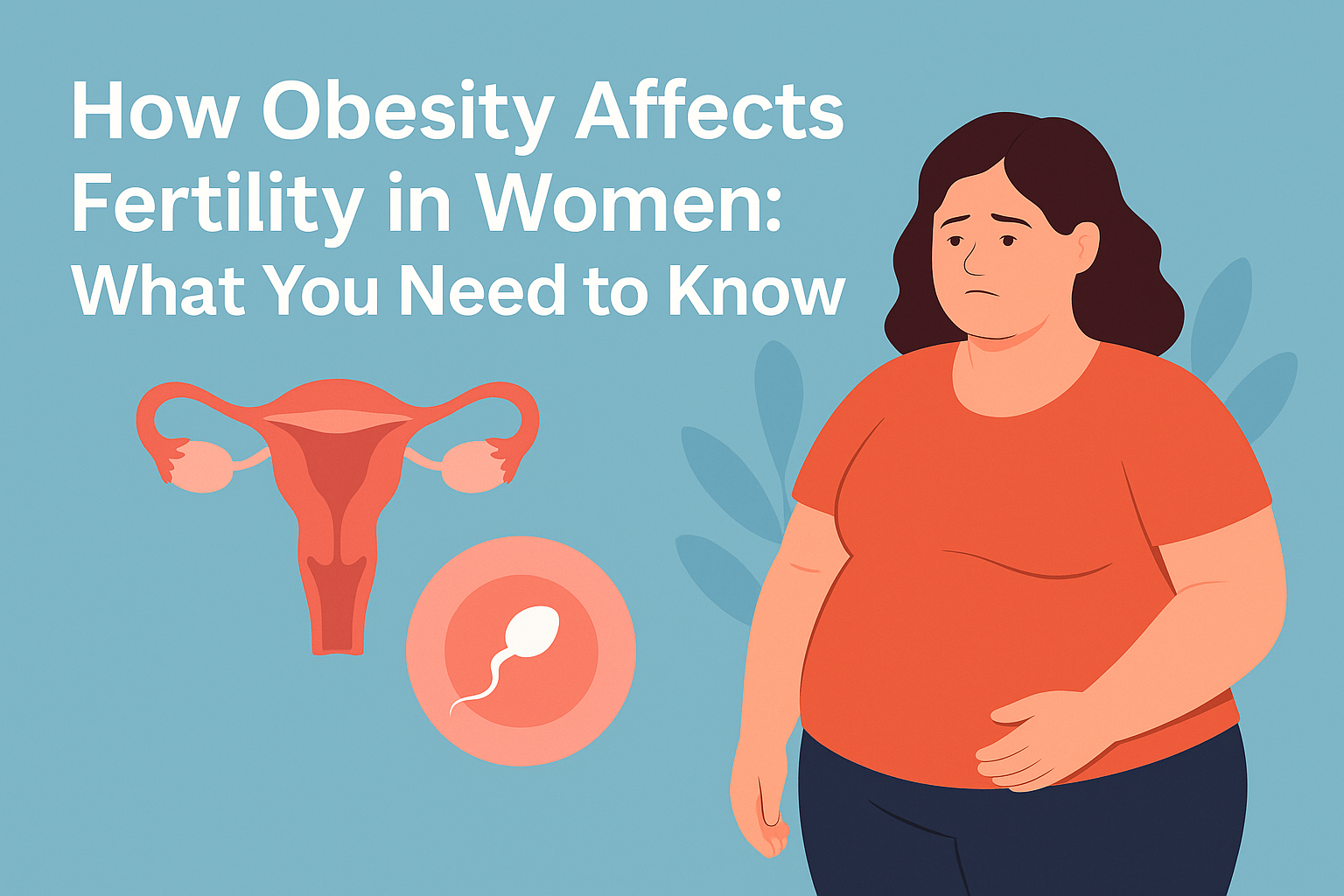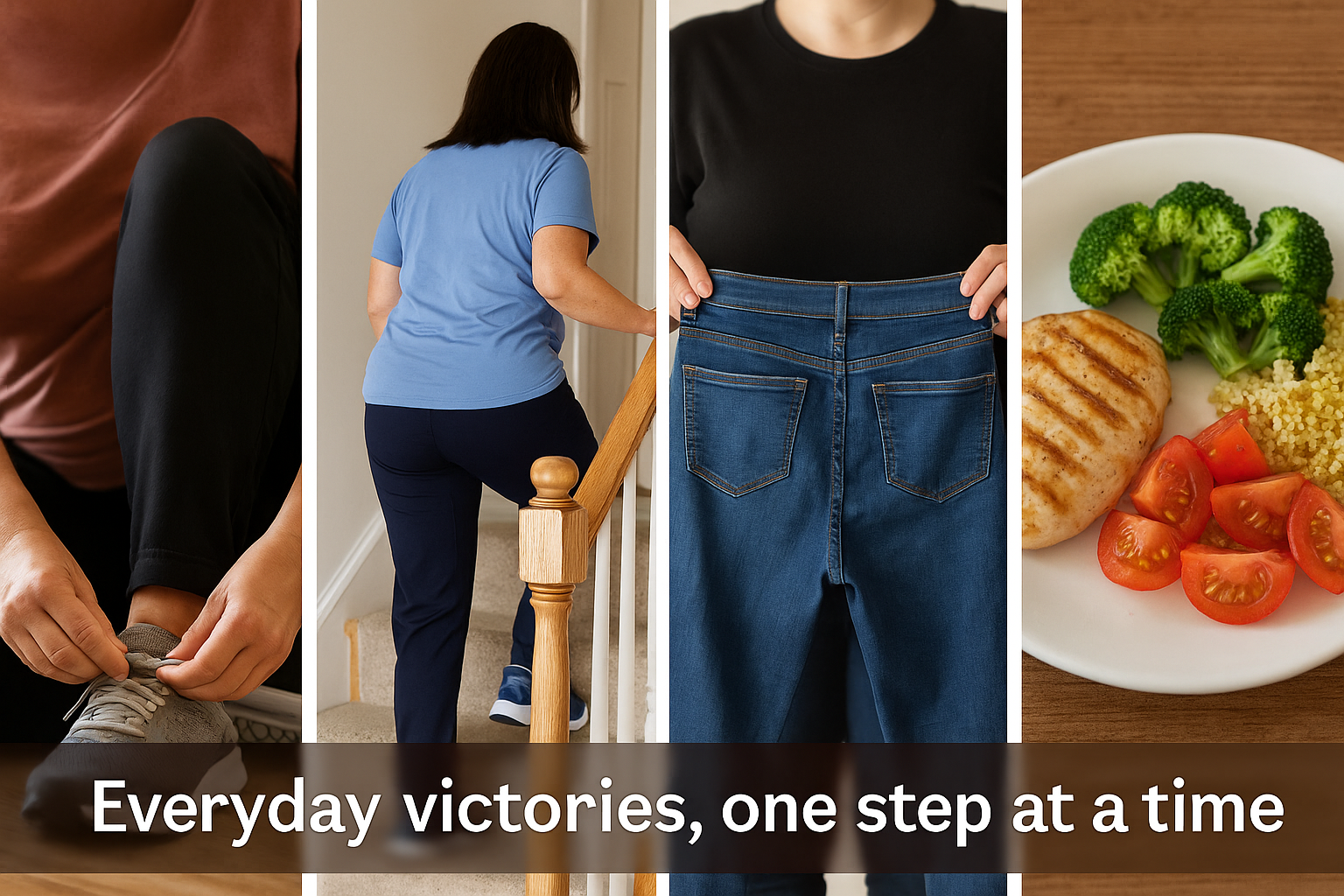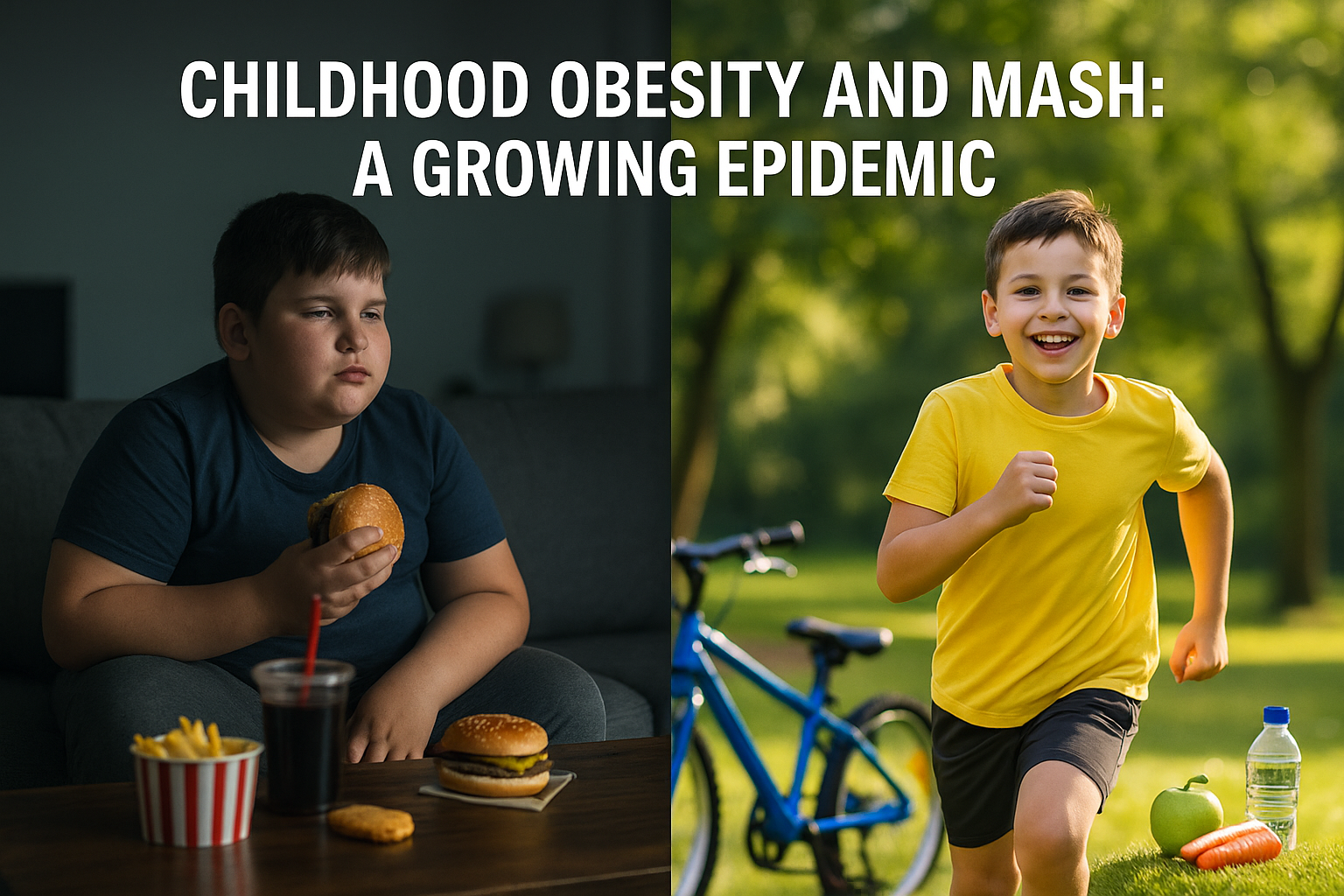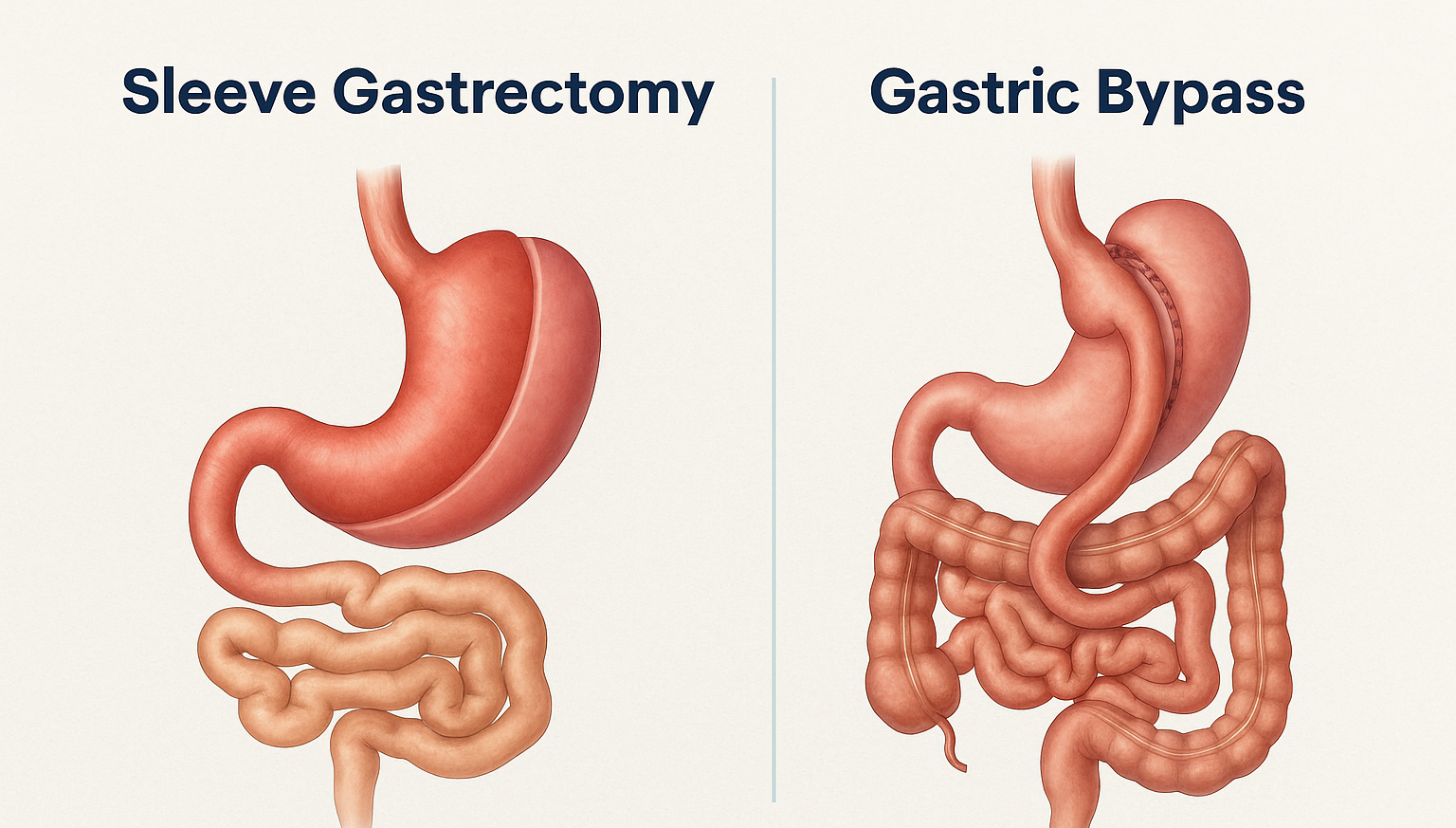
- Healthful Living Insights
DIET OR EXERCISE: HOW TO GET INTO THE PERFECT SHAPE?

Diet vs. Exercise: What’s More Important for Weight Loss?
When it comes to slimming down, many people want instant results. Whether it’s following crash diets or spending hours at the gym, the determination to shed those extra pounds often leads to extreme measures. But weight loss is not just a physical process—it demands mental strength, discipline, and consistent effort to overcome the challenges along the way.
The common mantra of “eat less, move more” might sound simple, but in reality, it’s far from easy. So, let’s dive into the age-old debate: What’s more important for weight loss—diet or exercise?
The Science Behind Weight Loss
Weight loss ultimately boils down to a balance of caloric intake and expenditure. If you consume fewer calories than you burn, you lose weight. Conversely, consuming more calories than you expend leads to weight gain.
According to a study published in the journal Systematic Reviews, individuals who made dietary changes alone lost more weight compared to those who only increased physical activity. Why? Because reducing calorie intake is often easier than burning off excess calories through exercise.
Diet: The Heavyweight Champion
Most of the calories your body burns are through natural processes like digestion, absorption, metabolism, and basic bodily functions. Adding exercise to the mix certainly contributes to calorie expenditure, but it doesn’t always make a significant dent in your weight-loss goals if the diet isn’t right.
Nutritional biochemist Shawn M. Talbott states that weight loss is approximately 75% diet and 25% exercise. This statistic highlights the importance of dietary choices in achieving success. For example:
- Jogging or cycling for 30 minutes burns about 295 calories.
- You can save the same amount of calories by skipping a samosa, chocolate bar, or soft drink.
Moreover, intense workouts can sometimes lead to increased hunger, making it easy to overeat and negate the benefits of exercise. This is why portion control, meal timing, and choosing nutrient-rich foods are key elements of any effective weight-loss plan.
Exercise: The Unsung Hero
While diet plays a dominant role in weight loss, exercise should not be ignored. Physical activity contributes to overall health by:
- Enhancing cardiovascular health.
- Building muscle and boosting metabolism.
- Improving mood and reducing stress.
Exercise is especially important for maintaining weight loss and ensuring long-term health benefits. However, it’s crucial to avoid overestimating the calorie burn during workouts and to complement physical activity with a well-balanced diet.
The Best Approach: A Balanced Strategy
The most effective weight-loss program combines both diet and exercise. While a balanced diet helps you manage calorie intake and provides essential nutrients, exercise enhances your overall well-being and supports sustainable results.
Here are some practical tips:
- Focus on Quality Calories: Choose whole, unprocessed foods and avoid sugary, high-calorie snacks.
- Exercise Smartly: Incorporate a mix of cardio and strength training for optimal results.
- Stay Consistent: Create a routine that fits your lifestyle and stick to it.
Conclusion
In the debate of diet vs. exercise, diet emerges as the stronger factor for weight loss. However, exercise complements diet by promoting overall health and preventing weight regain. The key to success lies in finding the right balance between the two. Remember, weight loss isn’t just about looking good—it’s about feeling good and living a healthier, happier life.

© 2025 Copyright : DHI | POWERED BY PEPMEDIA









